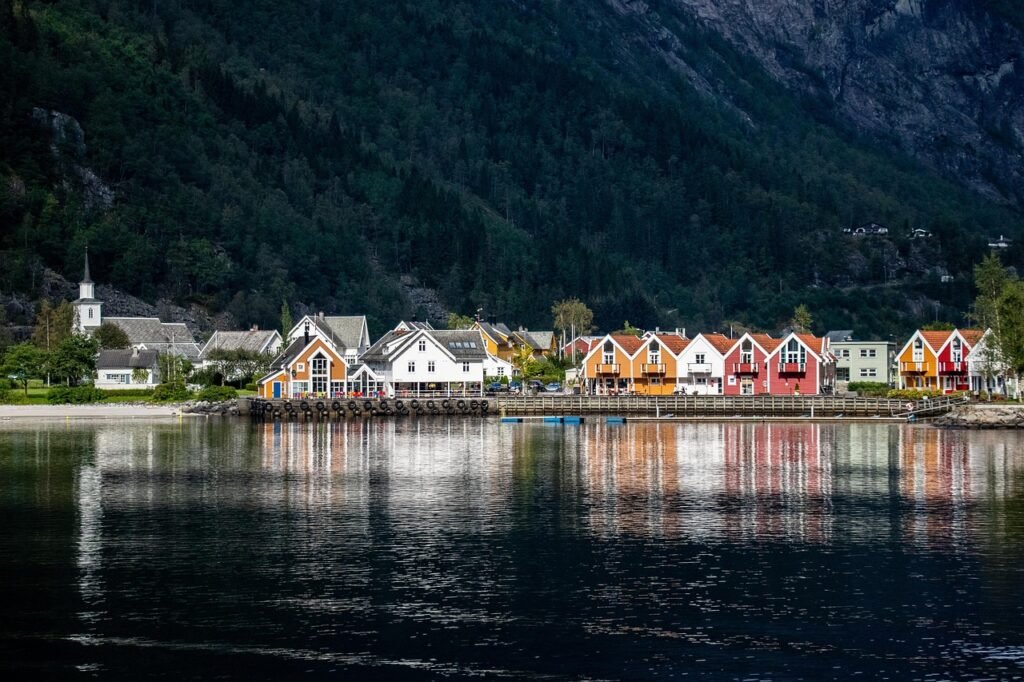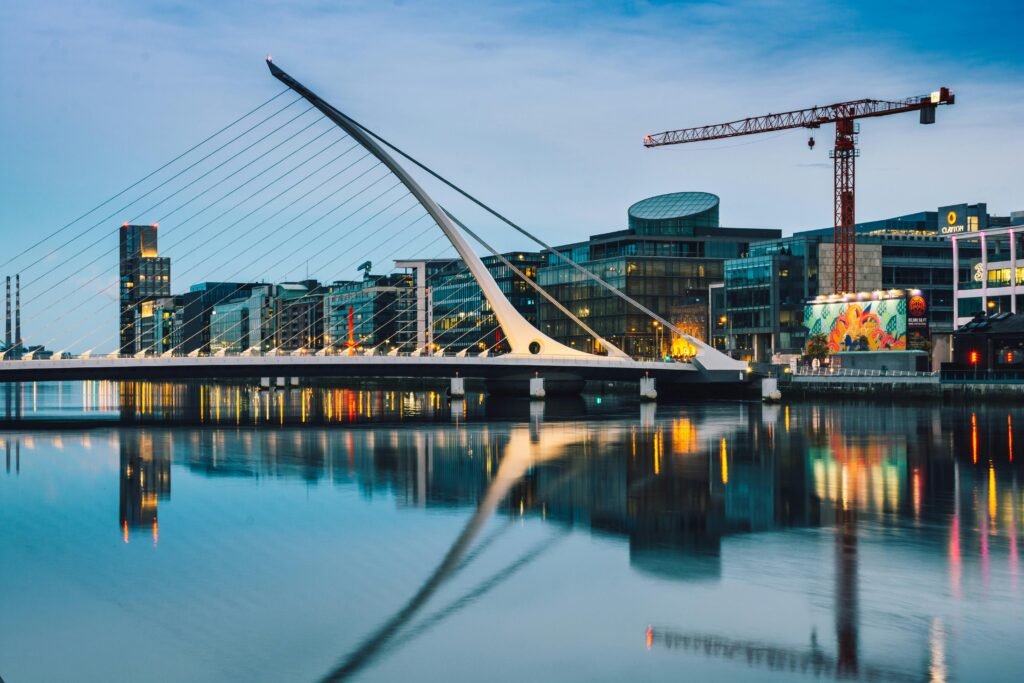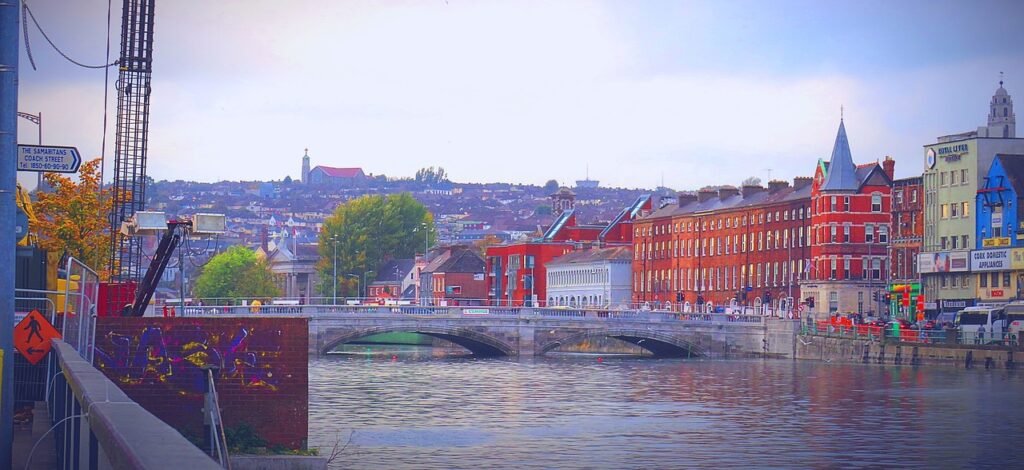Study in Colourful
Norway
|
Why Study in Norway?
Norway offers world-class education with a strong focus on innovation, sustainability, and research excellence. Public universities often have no tuition fees for international students, making it a highly affordable option. Students enjoy a high standard of living, stunning natural beauty, and a safe, inclusive society. Studying in Norway also opens doors to exciting career and PR opportunities in a thriving economy.
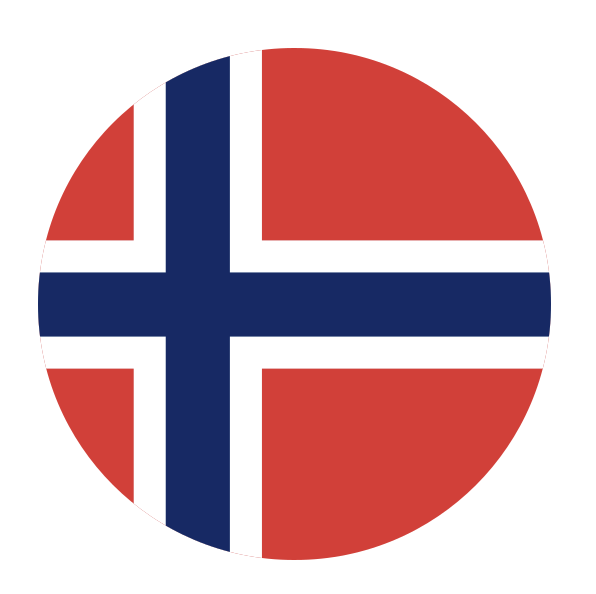
- Study in
Norway
Study Programs in Norway
Study Programs in Norway for international (including Bangladeshi) students:
Schooling / Primary & Secondary Education – Available at international and bilingual schools (fees apply), offering globally recognized curricula such as IB (International Baccalaureate).
Diploma & Vocational Programs – Offered by selected colleges and institutes, focusing on job-ready skills in areas like IT, design, and engineering.
Bachelor’s Degrees – Wide range of programs taught in Norwegian; however, several universities offer English-taught bachelor’s degrees, particularly in technology, business, and natural sciences.
Master’s Degrees – Norway is well known for its tuition-free English-taught master’s programs in fields like renewable energy, marine science, engineering, ICT, public health, and social sciences.
PhD Programs – Structured doctoral programs with no tuition fees and often paid research fellowships (as salaried positions).

- Study in
Norway
Step-by-Step Guide
Step-by-Step Guide for Bangladeshi students planning to study in Norway:
🇳🇴 Step 1: Research Universities and Programs
Explore tuition-free universities and colleges in Norway. Shortlist programs that match your academic background, career goals, and language skills (English/Norwegian).
🇳🇴 Step 2: Check Eligibility Requirements
Review entry requirements, including academic qualifications, English proficiency (IELTS/TOEFL), and any specific prerequisites for your chosen program.
🇳🇴 Step 3: Prepare and Submit Applications
Apply online through the university’s portal or the Norwegian Universities and Colleges Admission Service (NUCAS) for bachelor’s degrees. Ensure all documents are certified and translated.
🇳🇴 Step 4: Explore Scholarships & Funding Options
Look into funding opportunities such as Erasmus+, Quota Scheme, or other institutional scholarships (Note: Norway has limited scholarships for Bangladeshi students).
🇳🇴 Step 5: Receive Offer and Accept Admission
Once accepted, follow the university’s instructions to confirm your place. Pay any required semester fees (even for tuition-free programs).
🇳🇴 Step 6: Apply for Student Visa (Study Permit)
Apply for a Norwegian student residence permit online through the UDI portal and submit biometrics at VFS Global Dhaka. Show proof of funds (~NOK 137,907 per year as of 2025).
🇳🇴 Step 7: Arrange Accommodation and Insurance
Secure university or private housing. Purchase health insurance (if applicable) and finalize your living arrangements.
🇳🇴 Step 8: Plan Travel and Arrival
Book your flight, attend pre-departure briefing (if offered), and ensure all documents (visa, admission letter, funds proof) are ready for immigration checks on arrival.

- Study in
Norway
Explore Our Partner Universities
University of Oslo
University of Bergen
Norwegian University of Science and Technology (NTNU)
University of Tromsø – The Arctic University of Norway
Norwegian School of Economics (NHH)
BI Norwegian Business School
Norwegian University of Life Sciences (NMBU)
Oslo Metropolitan University (OsloMet)
University of Stavanger
University of Agder
Nord University
Norwegian Academy of Music
Oslo School of Architecture and Design
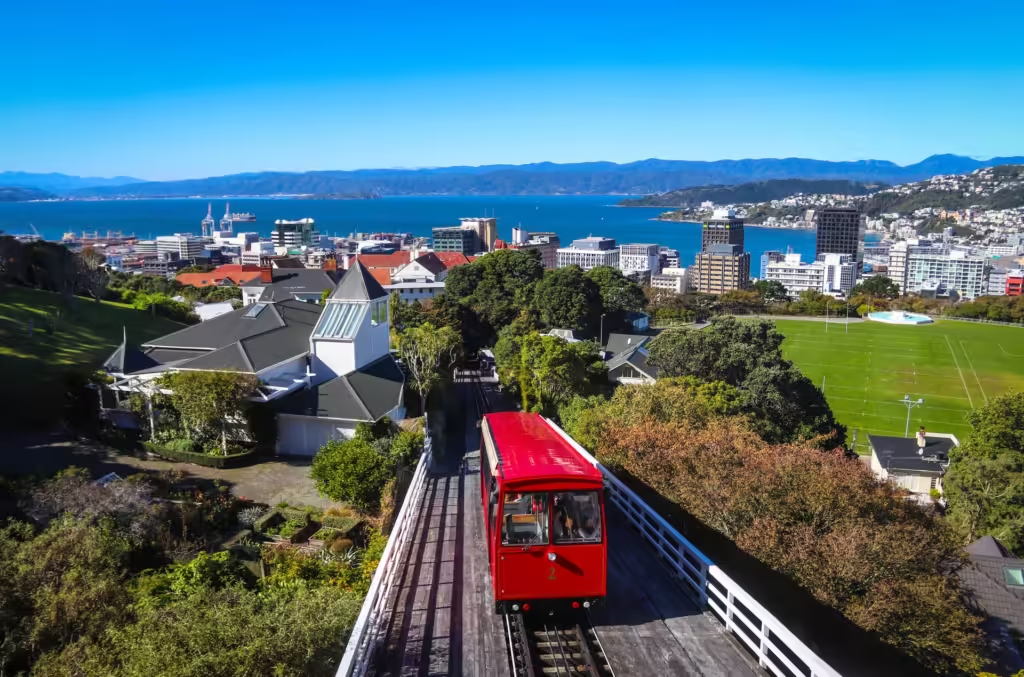
Job and PR Pathways After Study
New Zealand offers strong post-study work opportunities for international graduates, especially in areas facing skill shortages. With the right guidance, you can transition smoothly from your student visa to work and eventually permanent residency.
Post-Study Work Visa – We support you in applying for the Post-Study Work Visa, which allows you to live and work in New Zealand for up to 1–3 years depending on your qualification level.
In-demand skilled occupations – Get detailed information about New Zealand’s Long Term Skill Shortage List (LTSSL) and Essential Skills in Demand lists, helping you target jobs with better employment and residency prospects.
Career workshops and job readiness – Benefit from workshops focused on CV building, interview preparation, and understanding the New Zealand job market culture.
Skilled migration and PR planning – Receive personalized advice on navigating New Zealand’s skilled migrant visa pathways, including points-based systems and employer sponsorship options aligned with your skills and qualifications.
Our Support During the Process
We’re with you every step of the way—from your initial consultation to settling into New Zealand life and beyond. Our aim is to make your study abroad experience smooth, informed, and successful.
Personalized consultation at every step – We carefully assess your academic goals, financial situation, and personal preferences to help you choose the best study and career pathways.
One-on-one support for admission, visa & travel – Receive dedicated assistance with university applications, document preparation, visa processing, and travel arrangements.
Always accessible—call, WhatsApp, or in person – Our friendly advisors are available via your preferred communication channel whenever you need guidance or answers.
Regular updates, reminders & document reviews – We keep you informed with timely updates, important reminders, and detailed document checks to ensure you never miss a deadline.
Post-arrival check-ins & alumni mentoring – After you arrive, we continue to support you, including connecting you with experienced alumni who can share valuable insights.
Ongoing support for job search and PR planning – We help you navigate job hunting, CV preparation, interview skills, and long-term residency pathways even after you graduate.

- Study in
Norway
Average Tuition Fees in Norway (2025)
Primary & Secondary School (International schools)
NOK 80,000 – 150,000 per year (≈ €7,100 – €13,300)
Public Norwegian schools are free for residents, but international schools charge tuition.
Bachelor’s Degree (Public universities)
NOK 80,000 – 150,000 per year (≈ €7,100 – €13,300)
Master’s Degree (Public universities)
NOK 90,000 – 200,000 per year (≈ €8,000 – €17,700)
PhD Programs
Generally tuition-free at public institutions (PhD candidates are salaried as researchers).
Private universities / business schools (all levels)
Typically NOK 100,000 – 300,000 per year (≈ €8,900 – €26,800), depending on program.
Note:
These figures apply to most non-EU/EEA students.
Public primary/secondary schooling is free if your parents are residents.
PhD students usually earn a salary (~NOK 500,000–600,000 annually).
Visa Categories for Study in Norway

Student Residence Permit (Study Permit)
The main visa for international students enrolled in accredited study programs (Bachelor’s, Master’s, PhD, or certain diploma courses) at a Norwegian university or college.
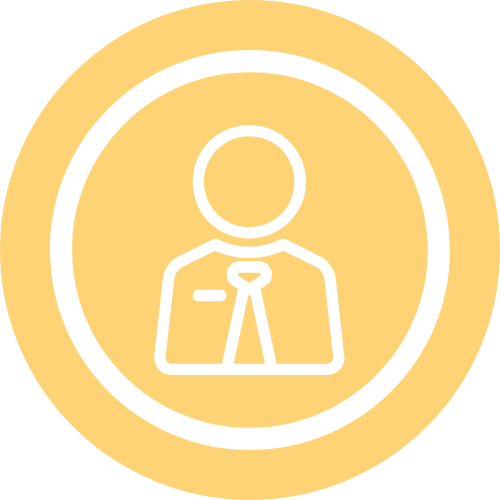
Pupil Residence Permit (Schooling)
For children under 18 attending primary or secondary school (including international schools) in Norway.

PhD Researcher Permit (with Employment)
For PhD candidates who are employed and salaried by a Norwegian institution (often considered both work and residence permit).
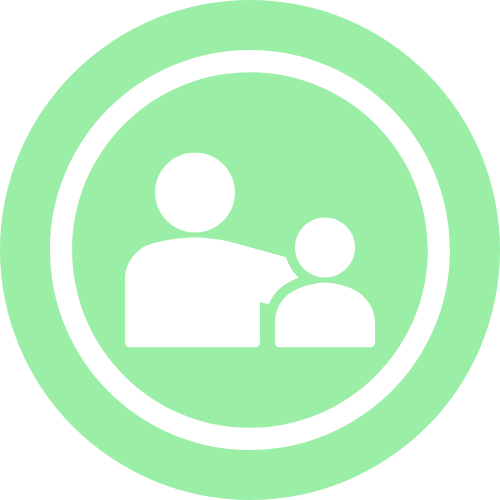
Dependent Residence Permit (Family Immigration)
For spouses/partners and children of students holding a valid student residence permit, allowing dependents to stay during the study period.
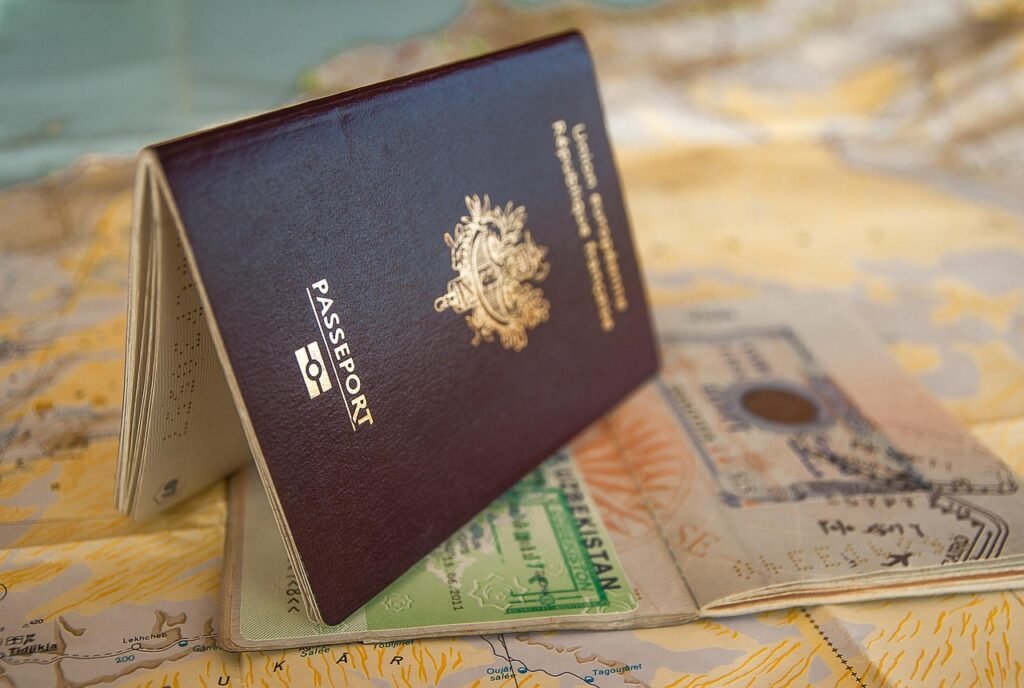
Visa Application Checklist
Norway Student Visa Application Checklist (Bangladesh)
Completed Application Form
Filled out online via the Norwegian Directorate of Immigration (UDI) website.
Valid Passport
Passport must be valid for at least 3 months beyond the intended stay and have at least two blank pages.
Admission Letter
Official acceptance letter from a recognized Norwegian educational institution confirming your enrollment.
Proof of Financial Means
Evidence to show you can support yourself financially during your stay (e.g., bank statements, scholarship award letters, or financial guarantee).
Proof of Accommodation
Documentation showing where you will live in Norway (rental agreement, dormitory confirmation, or letter from host).
Passport Photos
Recent color photos meeting Norwegian visa photo requirements.
Travel Itinerary
Flight reservation or travel plan (not mandatory but recommended).
Health Insurance
Proof of valid health insurance coverage for the initial period before you are eligible for the Norwegian National Insurance Scheme.
Academic Certificates and Transcripts
Copies of previous diplomas, degrees, and transcripts.
English or Norwegian Language Proficiency Proof
Depending on program requirements, submit certificates like IELTS, TOEFL, or Norwegian language test results.
Police Clearance Certificate
Certificate of good conduct or police clearance from Bangladesh.
Parental Consent (If under 18 years old)
Form 1229 or equivalent parental consent documents.
Payment Receipt of Visa Fee
Proof of payment of the visa application fee.
Biometric Data Submission
Schedule and complete biometric data collection at the Norwegian Visa Application Centre (VFS Global) in Dhaka.
Additional Notes:
All documents should be in English or Norwegian; otherwise, attach certified translations.
Originals may be requested at the visa interview or upon arrival.

- Study in
Norway
Job and PR Pathways After Study
Job and PR Pathways After Study in Norway
1. Job Search Permit (Residence Permit for Job-Seeking after Studies):
After completing your degree, you can apply for a job search permit (also called a residence permit to look for work) valid for up to 6 months.
This allows you to stay in Norway legally while searching for a relevant job in your field of study.
2. Employment Opportunities:
Norway’s labor market offers diverse opportunities, especially in sectors like oil and gas, technology, engineering, health care, and maritime industries.
Fluency in Norwegian is often preferred, but many international companies and positions are available in English.
3. Work Permit:
Once you secure a job, you can apply to convert your residence permit from a student permit to a work permit.
The employer typically needs to confirm that the job matches your qualifications and that salary conditions meet Norwegian standards.
4. Permanent Residency (PR):
After legally residing in Norway for 3 years on a valid residence permit (including student and work permits), you may be eligible to apply for permanent residency.
Requirements include sufficient income, no serious criminal record, and demonstrated integration, such as language skills and social participation.
5. Pathway to Norwegian Citizenship:
Permanent residents who have lived in Norway continuously for 7 years can apply for Norwegian citizenship, subject to language proficiency and other conditions.
Tips for Success:
Utilize university career services and local job portals to find job openings.
Network with Norwegian professionals and attend job fairs.
Improve Norwegian language skills to increase employability.
Be aware of visa and permit timelines to maintain legal status during your job search.

- Study in
Norway
Our Support During the Process
We’re with you at every step — from your first consultation to settling into life in Australia and beyond, ensuring a stress-free, informed, and successful journey.
Personalized consultation at every stage — We take the time to understand your academic goals, financial situation, and personal preferences to guide you toward the best-fit study options.
One-on-one support for admission, visa, and travel — Dedicated assistance with university applications, document preparation, visa submissions, and travel arrangements.
Always accessible — Connect with us via call, WhatsApp, email, or in person — whatever suits you best.
Regular updates, reminders, and document reviews — Stay on track with timely updates, important deadline reminders, and careful review of your documents.
Post-arrival check-ins and alumni mentoring — We stay connected after you arrive, offering ongoing support and linking you with alumni who’ve successfully made the journey.
Support for job search and PR planning — Guidance on job opportunities, resume building, and advice on permanent residency pathways even after you graduate.


